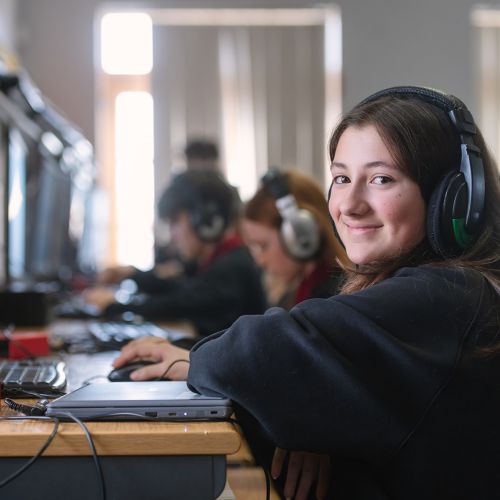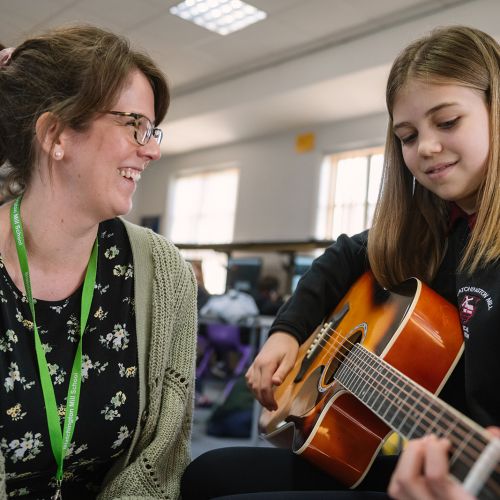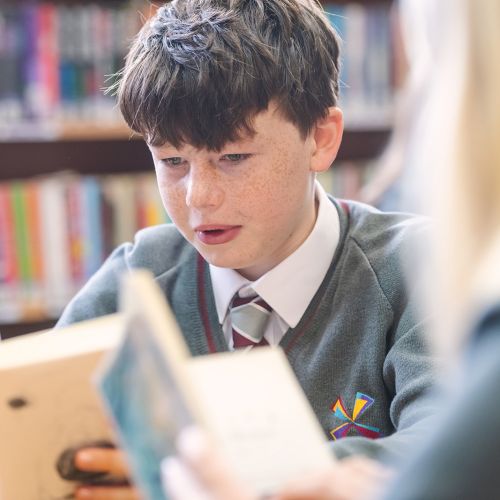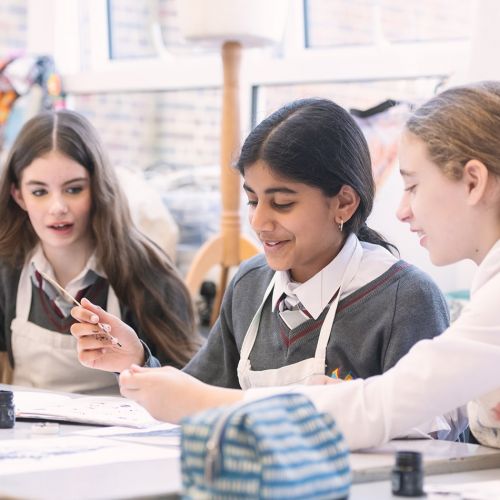Vocabulary at Blatchington Mill





The importance of a sizable vocabulary is indisputable. Studies have shown a clear correlation between vocabulary size and academic success. Furthermore, other studies have shown a link between vocabulary size and real world success. An expanded vocabulary gives one the ability to describe and understand the world in greater depth, breadth and detail.
To make sure that our students at Blatchington Mill have as rich a vocabulary as possible we use the Three Tiered System. Tier 1 words are used often in everyday life. These are words we pick up as we go along for example “quickly”, “dress”, “mug” and “statue”. Tier 2 words appear in an academic setting but less often in everyday life, for example “disperse”, “inherent”, “implement” and “function”. Tier 3 words are technical and specific to a subject. These include words like “photosynthesis” in Biology, “Trinity” in RE, “meander” in Geography and “hypotenuse” in Maths. Research suggests that students pick up Tier 1 words quickly with use and that Tier 3 words are covered by their subject teachers. However, as Tier 2 words are not subject specific they can be the hardest to learn despite them being some of the most helpful to understand. This is because they can have multiple meanings and be applied across many subjects.

At Blatchington Mill we are focusing on deepening students' understanding of Tier 2 words. We have created a list of key vocabulary for key stage 3 and 4 using research into the most useful academic words for our students to know. The links to these words can be found here:
These words are sorted by difficulty (at KS3 Bronze, Silver and Gold. Silver and Gold at KS4). During form time students are given a selection of these words to learn for a quiz the next week. Achievement points are awarded to the best performing students and forms each year. Further to this we focus on the etymology of selected words to give students a deeper understanding of how words gain their meaning, change with use and link to other words.
There are many things students can do themselves to improve their vocabulary but the most important of these is to do independent reading, especially of books which they might find challenging. Just 20 minutes or so of reading a day can make a remarkable difference. An especially helpful resource for looking up new words is https://www.lexico.com/. Not only does it include the definitions of a word but it also explains its origins and gives example phrases which use that word.

